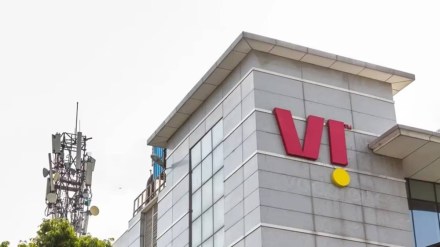The Supreme Court’s (SC) clarification that the government can revisit the entire adjusted gross revenue (AGR) dues of Vodafone Idea (Vi), rather than just the additional demand of Rs 9,450 crore, comes as a big breather not just for the beleaguered telecom operator but also for the government. The AGR has been a drag on Vi’s fund-raising efforts and competitive standing. For the government too, which now holds a 49% stake in the company, the verdict comes as a relief since it has a direct interest in ensuring the company’s survival. Be that as it may, the larger question remains: Is this the right way to revive a company or to extend policy support? The AGR dispute, which dates back to over two decades, was a legal battle between the government and the telecom operators over the definition of AGR. The government won that case in 2019, resulting in a staggering Rs 1.47 lakh-crore liability for the industry. The SC then refused to offer any relief, directing the telcos to pay up in full. The government’s subsequent package, allowing the conversion of dues into equity and providing moratoriums, was seen as the most it could do without appearing to be bending rules or favouring private firms.
Now, the SC has taken a more flexible view, citing the government’s 49% equity stake and the broader public interest involved. In effect, what the court earlier dismissed has been brought back under the policy domain, but only because the company has become quasi-state-owned. This selective relaxation raises uncomfortable questions. The matter has always been one of policy, yet the government avoided taking a clear stance earlier, haunted perhaps by the spectre of the 2G scam and the fear of being accused of favouring private players at the expense of the exchequer. The judiciary, on its part, confined itself to a narrow legalistic reading of the contract and the definition of AGR, ignoring the financial realities of the telecom sector.
The implicit lesson seems to be that if a private company is to be saved, first make it government-owned. BSNL stands as the best example of this approach. Despite being perpetually loss-making, it continues to receive bailout after bailout since 2019, totalling over Rs 3.2 lakh crore. That Vi needs immediate relief is undeniable. The company, with AGR dues pegged at around `83,400 crore and total liabilities of nearly Rs 2 lakh crore, has been weighed down by an unsustainable debt burden. The ability to reassess and possibly reduce the dues could ease the pressure on its balance sheet, help it raise funds, and restore some investor confidence.
True, the government is now deeply enmeshed in Vi’s fate, but if its intent is truly reformist then it must now also come out with a clear exit plan. Similarly, if BSNL cannot stand on its own despite repeated revival packages, it is time to reassess whether taxpayer money should be used to fund it. Both the government and the court have handled the AGR issue with hesitation and inconsistency, responding more to crisis than principle. For real reform, the government must now draw a line—revisit dues where necessary, enable market correction, but then step back. Otherwise, rescue plans will turn into costly habits, blurring the line between reform and dependence.
